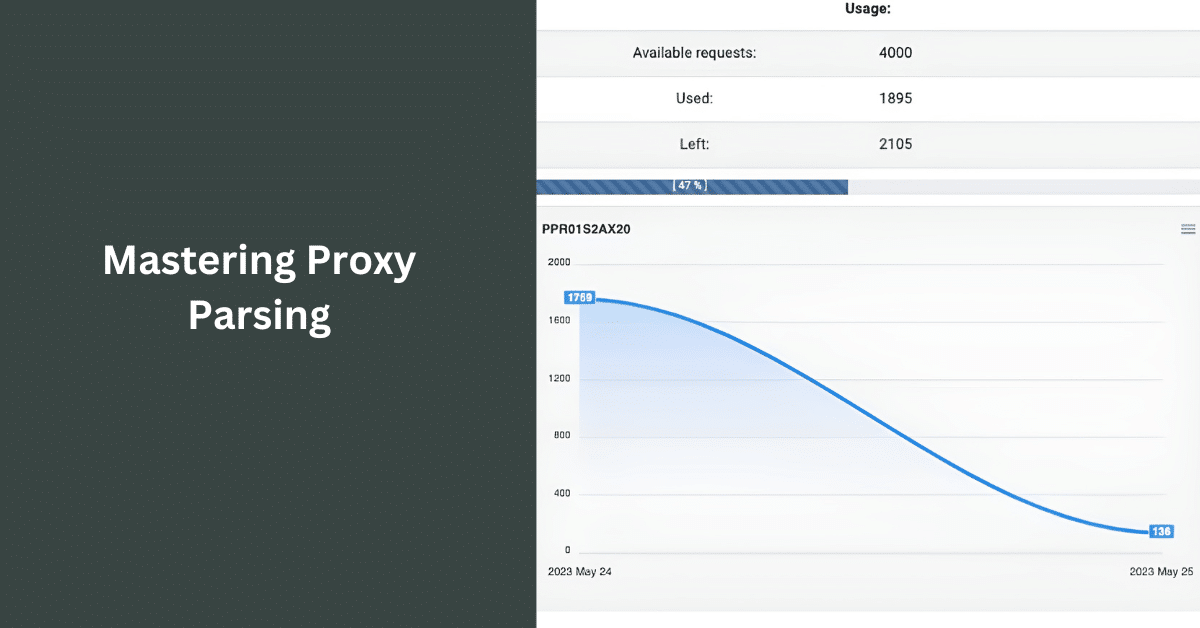
Web scraping or parsing is a method used to extract data from websites. While parsing a website through a proxy, it is essential to strike a balance between the content you retrieve and the number of requests made to achieve this. The cost implications for excessive requests can quickly pile up. Here we delve into ways to optimize proxy parsing for cost-effectiveness and efficiency.
Proxy Parsing and HTTP Requests: What’s the Connection?
Proxy parsing involves browsing a website using an intermediary (proxy), which helps to anonymize your actions, circumvent restrictions, and manage load distribution. Each action performed while parsing a website sends HTTP requests to the site’s server for files or resources. These requests add to your cost, especially when parsed via a proxy charging per request. Therefore, an optimized parsing strategy should aim to extract maximum data while minimizing requests.
Techniques to Minimize HTTP Requests and Maximize Content Extraction
Efficient Site Structure Analysis
Understanding the structure of a website is pivotal in reducing unnecessary requests. Invest time in analyzing the website, identifying where the required data is located. This initial time investment can save a considerable number of requests in the long run by preventing aimless crawling.
Leveraging Browser Developer Tools
Modern browsers come with built-in developer tools, which provide granular visibility into what resources a page loads and what requests it makes. Using this information can be critical in planning your parsing strategy.
Consolidating Requests
Instead of making multiple requests for different data points on the same page, consolidate them into a single request where possible. This approach not only minimizes requests but also speeds up the parsing process.
Implementing Lazy Loading
Lazy loading allows you to load only the required content, which can be especially useful for pages with heavy media like images and videos. By postponing the loading of certain resources until necessary, you can significantly cut down on requests.
Avoiding Duplicate Requests
Ensure your parsing algorithm avoids making repeated requests for the same resource. Implementing a tracking system to identify and disregard URLs already parsed will drastically decrease the number of redundant requests.
Using Cache Wisely
A well-implemented caching system can be a life-saver. It stores the results of previous requests, which can be re-used for identical future requests, significantly reducing the number of requests made to the server.
External link:
- “Web Scraping with Proxies: A Beginner’s Guide”
- “Website Efficiency Measurements”
- “Minimizing Browser Reflow”
By utilizing these strategies and understanding the intricacies of HTTP requests, you can successfully navigate the delicate balance of extracting maximum content while keeping your requests to a minimum.





